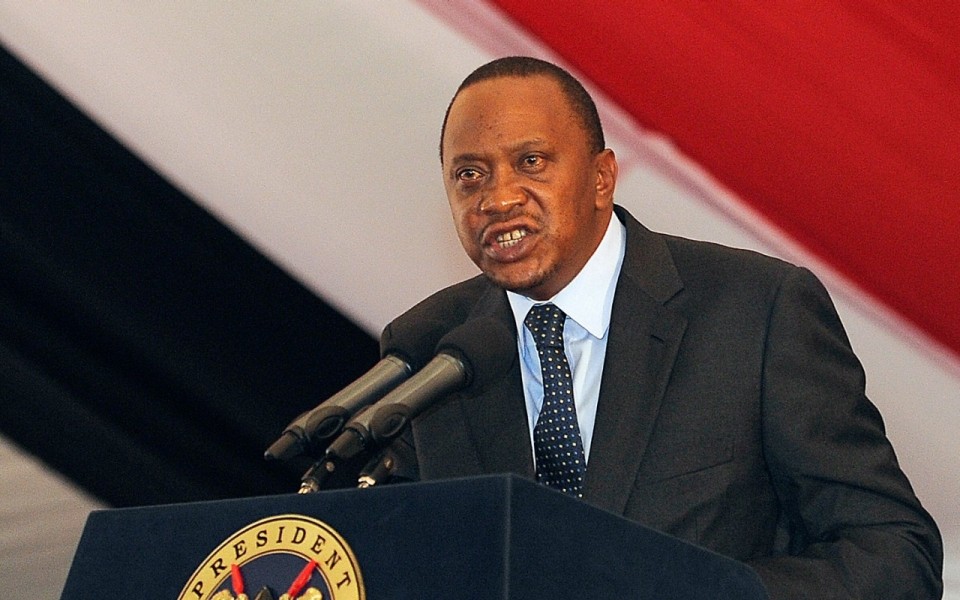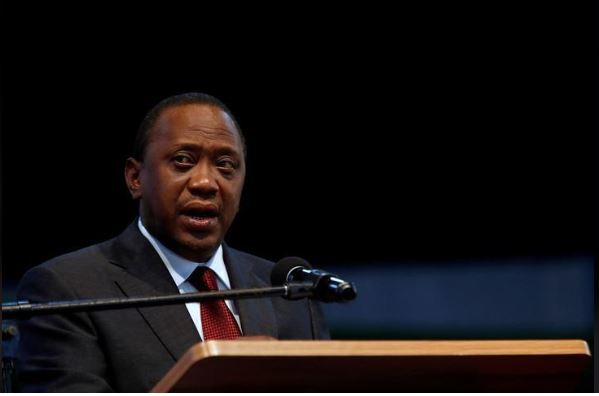President Uhuru Kenyatta Saturday hinted at a possibility of relaxing current COVID-19 containment measures which include a nationwide dusk-to-dawn curfew and restrictions of movement into and out of Nairobi, Mombasa, Kilifi, Kwale and Mandera.

The dusk to dawn was issued on March 27 and has been extended twice by a further 21 days in measures to prevent the spread of the virus.
The curfew was complemented with the cessation of movement order in five counties which was eventually extended to Nairobi’s Eastleigh and Old Town in Mombasa.
Speaking when he delivered his seventh national address on the progress made in containing the virus which has claimed 50 lives so far, President Kenyatta noted that every Kenyan would have to take responsibility to prevent the spread of the highly infections virus, Kenya having confirmed over 1,000 cases after testing close to 60,000 samples.
“We will not continue with the lockdown and the curfew, I have told health officials and my ministers that they should start telling Kenyans that we cannot be under a curfew or lockdown forever,” he said.
As of May 23, Kenya’s COVID-19 infections had risen to 1,192 Saturday after President Kenyatta announced 31 new cases.
“You have a responsibility to ensure you protect yourself, you should know that if you don’t obey the measures, you are not only endangering yourself but those around you,” Kenyatta asserted.
Current restrictions to prevent the spread of the virus have taken a toll on most business with over 500,000 jobs lost so far.
World Health Organisation has warned that he virus may not fade away sooner with the agency’s Emergencies Director Dr Mike Ryan saying nations may need to formulate protocols to live with the pandemic which he noted may become endemic.
This has triggered many nations across the globe to re open the economies while enforcing precautionary measures to control further spread of the virus which has infected more than 5.4 million people globally and claimed more than 344,000 lives.

